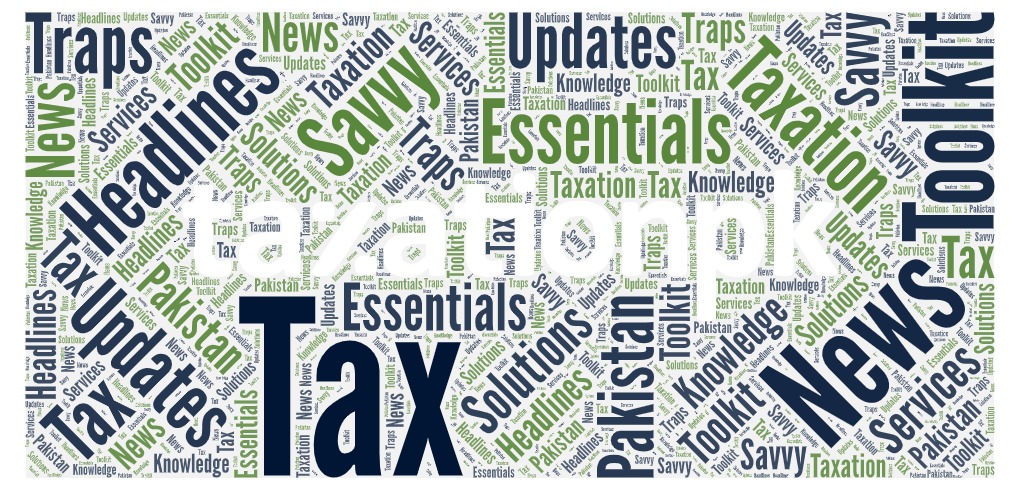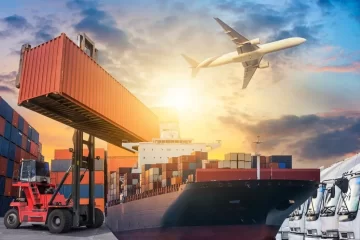Government has set a challenging goal: collecting Rs13 trillion in tax revenue for the fiscal year starting July 1, 2024 (FY25). This ambitious target represents a significant increase – approximately 40% – compared to the current year.
Focus on Broadening Tax Base
Finance Minister Senator Muhammad Aurangzeb reaffirmed the government’s commitment to achieving this target by bringing more individuals and businesses into the tax net. He emphasized that “no exceptions” would be made, indicating a stricter approach to tax collection.
The breakdown of the increased tax target reveals a focus on both direct and indirect taxes:
- Direct Taxes: A projected 48% rise in direct taxes.
- Indirect Taxes: A planned 35% hike in indirect taxes.
- Non-Tax Revenue: Anticipated growth of 64% in non-tax revenue, which includes petroleum levies.
Addressing Concerns and Seeking Growth
While presenting the budget on June 12th, the government acknowledged challenges. Here’s a glimpse into some key points:
- Business Concerns: Aurangzeb assured business leaders of addressing their concerns in the upcoming fiscal year. He urged them to view the budget from a broader perspective, emphasizing progress towards macroeconomic stability.
- IMF Bailout: This ambitious tax revenue target is partly driven by the government’s desire to secure a new bailout agreement with the International Monetary Fund (IMF).
- Power Sector Challenges: Responding to concerns about electricity price increases, Aurangzeb stressed the need to reform distribution companies (Discos) to avoid further hikes.
Promoting Investment and Economic Stability
The government recognizes the critical role of investment in achieving economic stability. Here’s how they plan to incentivize it:
- Attracting Foreign Investment: Aurangzeb highlighted the importance of attracting both domestic and foreign investments.
- Reducing Policy Rate: He expressed his view on gradually reducing the policy rate to stimulate economic growth.
Streamlining Government and Tax System
The government is committed to streamlining its operations and making the tax system more efficient. Here are some proposed reforms:
- Closing Redundant Departments: Aurangzeb suggested closing down federal government departments that have been devolved to the provinces.
- Simplifying Tax Terminology: He questioned the relevance of the term “non-filer” and called for a clearer tax system.
- Increasing Tax-to-GDP Ratio: Aurangzeb proposed gradually increasing the tax-to-GDP ratio to 30% over the next three years.
Acknowledging Public Concerns
The government is aware of public dissatisfaction with some aspects of the current system. Here are some key points:
- High Bureaucratic Allowances: Aurangzeb acknowledged the criticism regarding the substantial allowances enjoyed by bureaucrats and government officials.
Boosting SMEs and IT Sector
The government recognizes the importance of supporting specific sectors for sustainable growth:
- Small and Medium Enterprises (SMEs): Aurangzeb emphasized the importance of advancing SMEs to foster economic stability.
- IT Sector: He also highlighted the need to support the IT sector’s growth.
Challenges of Expanding Tax Net
While the government has ambitious plans, expanding the tax net presents significant challenges. Here’s a closer look:
- Previous Scheme’s Performance: The recent “Tajir Dost Scheme” targeting retailers registered a dismal performance, with only 44,830 registrations out of an estimated 3.6 million retailers nationwide.
- Alternative Scheme: The FBR is considering a new simplified fixed scheme based on shop valuation to attract more retailers.
Lessons from Past Failures
The article highlights the repeated failures of previous attempts to bring retailers into the tax net. Here are some reasons mentioned:
- Lack of Cohesive Vision: The FBR may lack a clear plan for registering and monitoring retailers.
- Shortage of Workforce: There might be insufficient resources to effectively register and collect taxes from a large number of retailers.
- Technology Issues: Previous attempts using IT solutions like Point of Sale (POS) machines faced operational and technical challenges.
Looking Ahead
Pakistan’s ambitious tax revenue target requires a significant expansion of the tax base. The government’s proposed reforms and new schemes aim to address this challenge. However, the success will depend on overcoming past limitations and implementing a more comprehensive and well-coordinated strategy.





